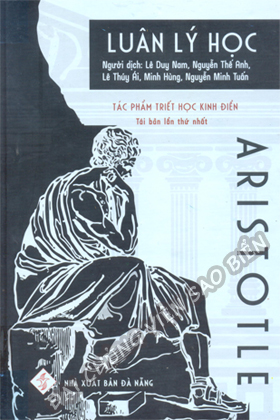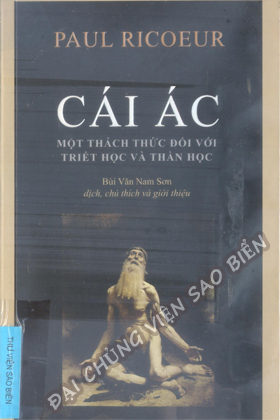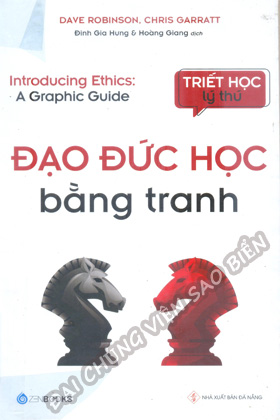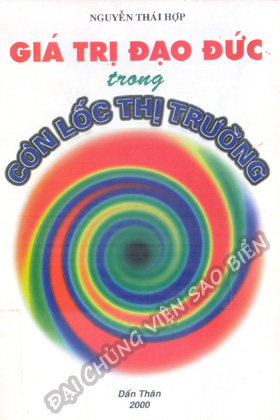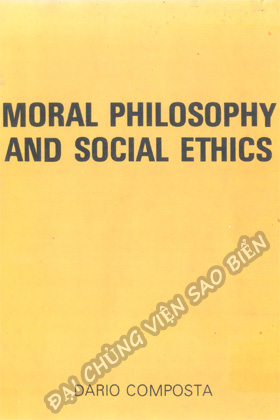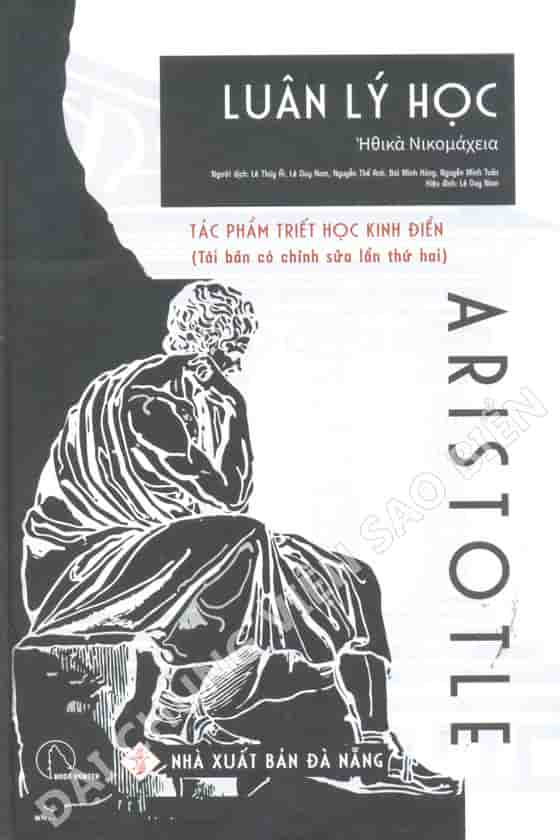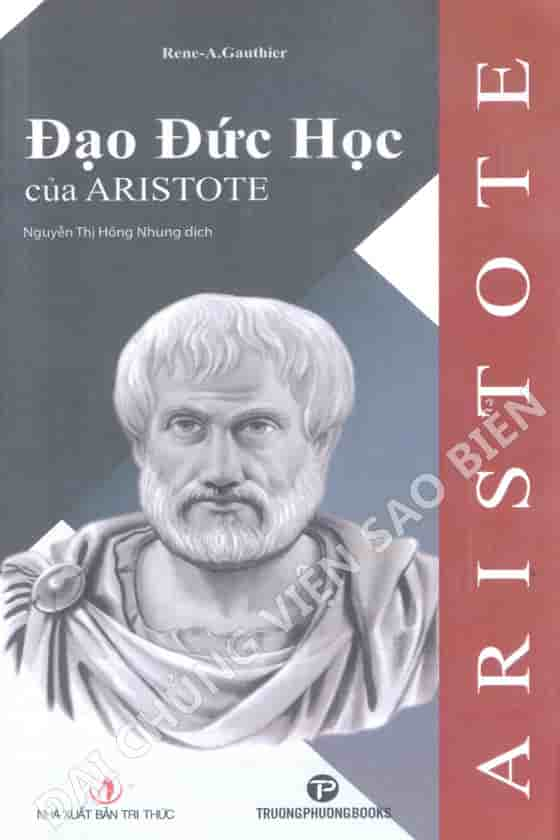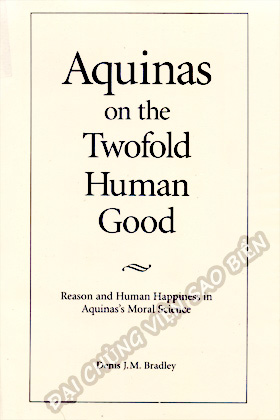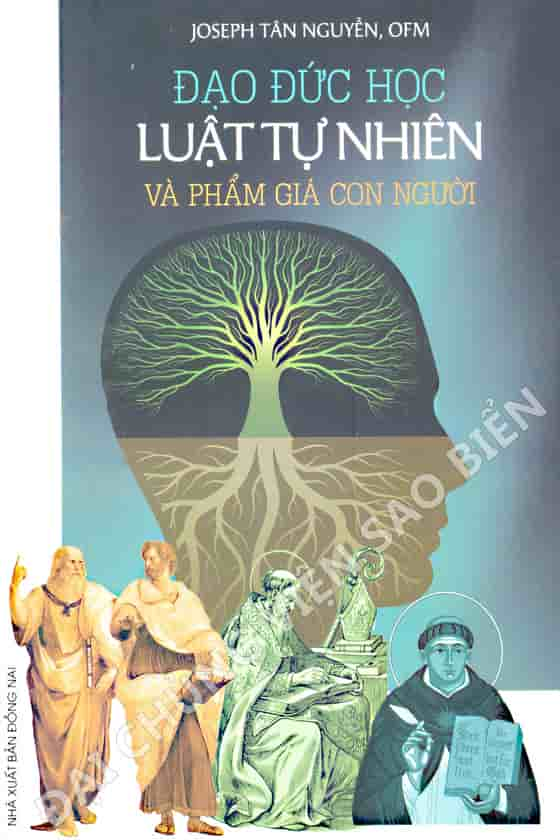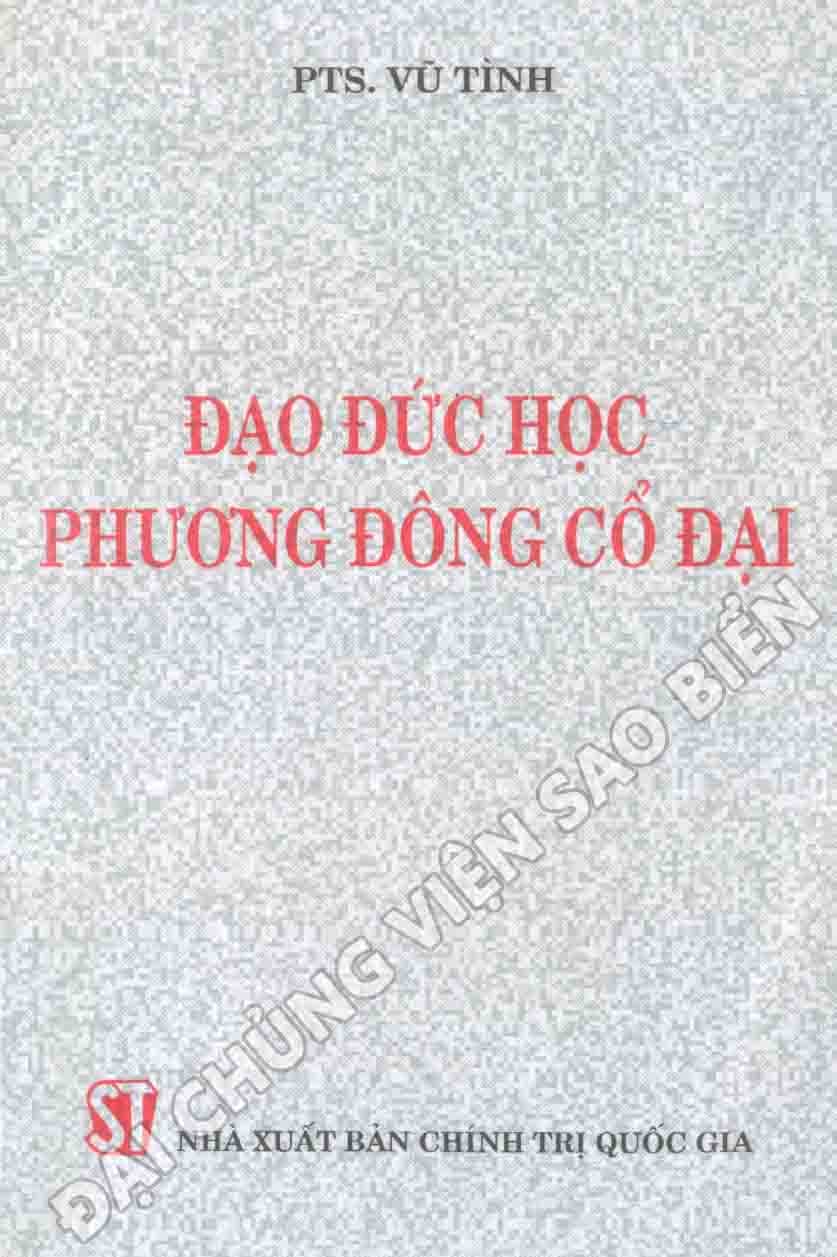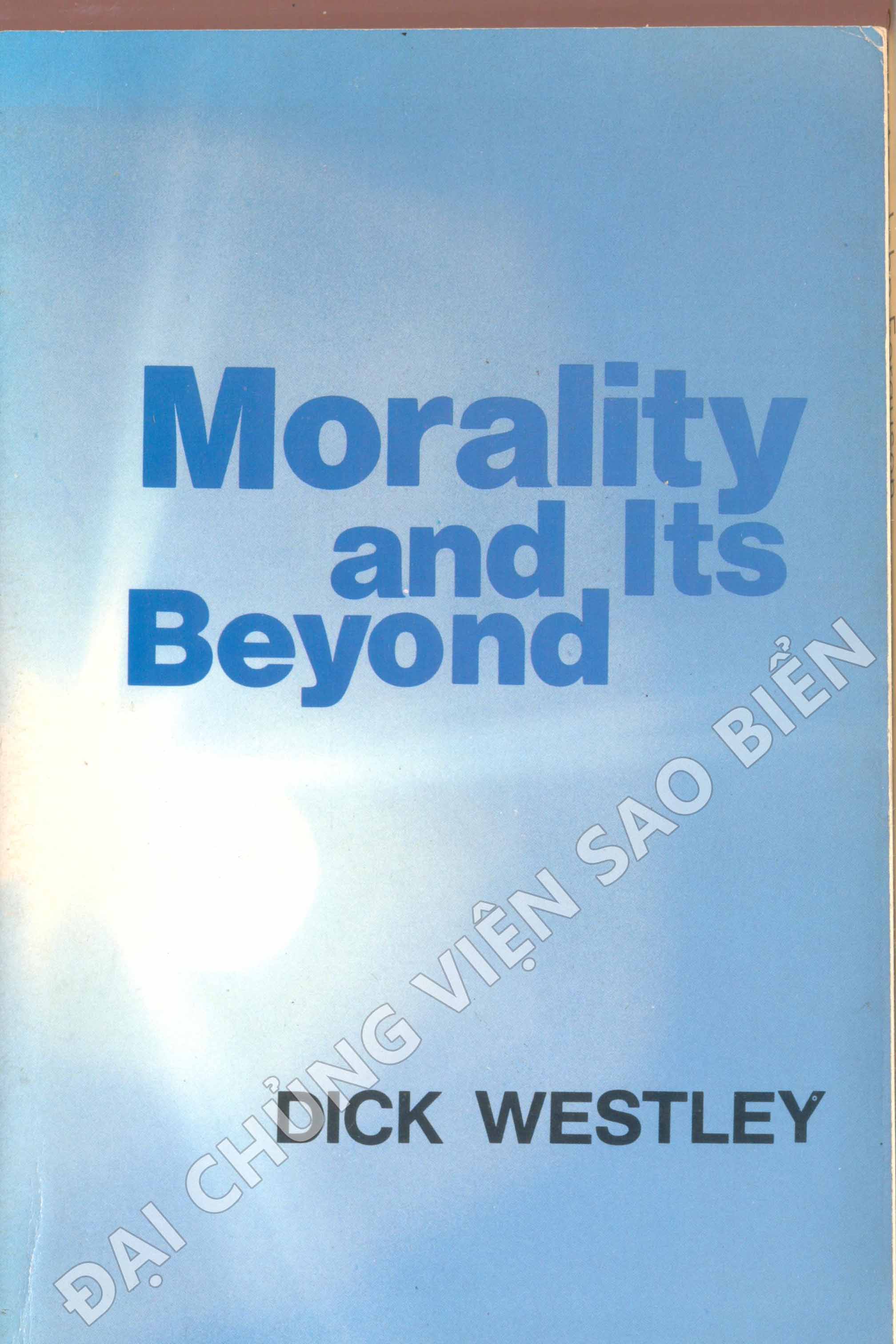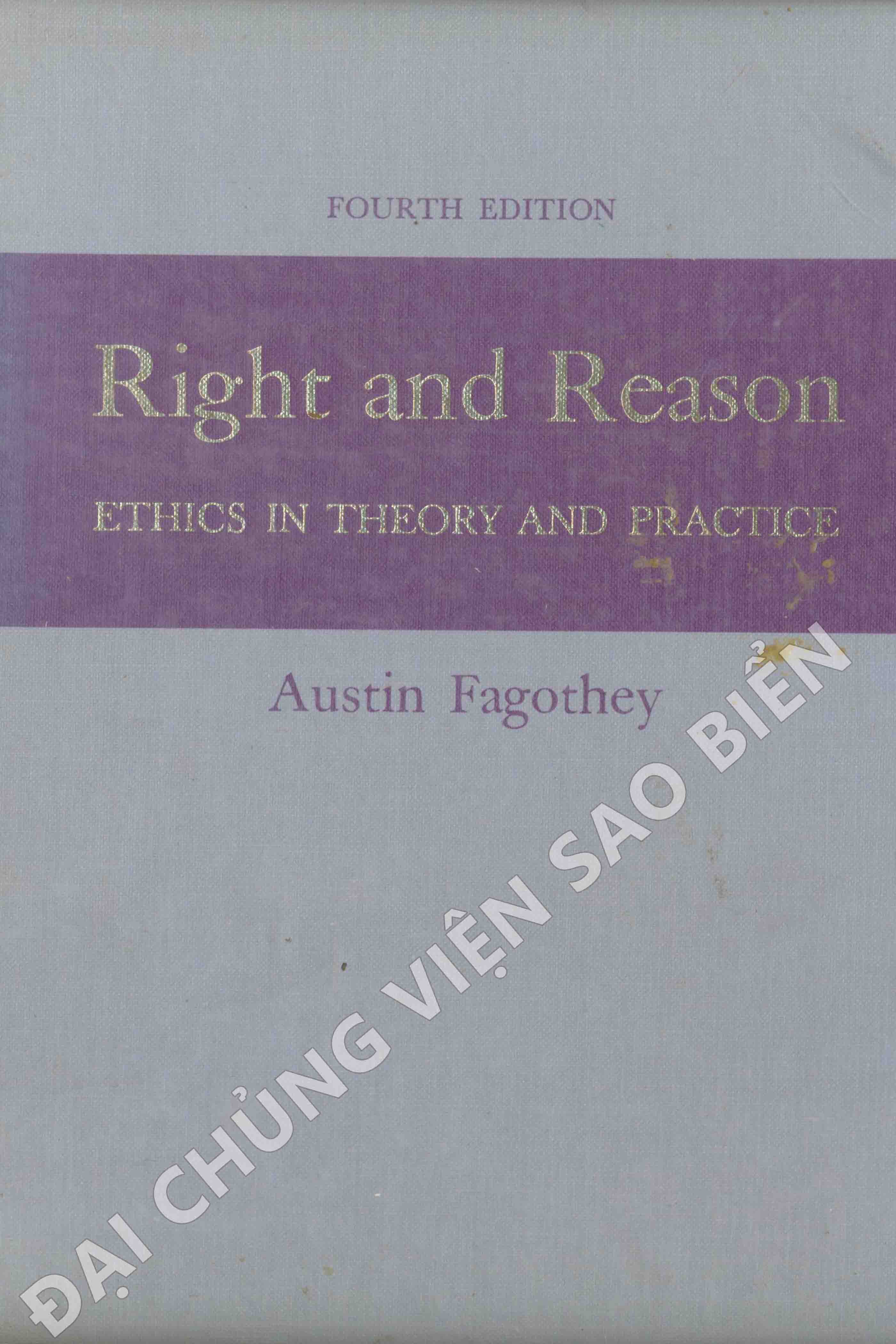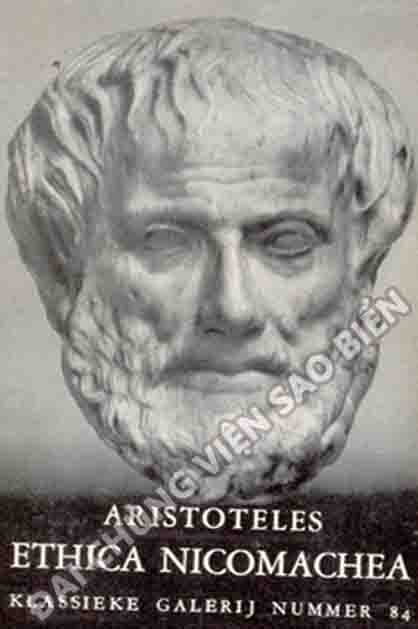| Contents |
|
| Preface 9 |
|
| PART ONE: THE STATUS OF ETHICS |
|
| 1 The Subjectivity of Values |
|
| 1 Moral scepticism |
15 |
| 2 Subjectivism |
17 |
| 3 The multiplicity of second order questions |
19 |
| 4 Is objectivity a real issue? |
20 |
| 5 Standards of evaluation |
25 |
| 6 Hypothetical and categorical imperatives |
27 |
| 7 The claim to objectivity |
30 |
| 8 The argument from relativity |
36 |
| 9 The argument from queerness |
38 |
| 10 Patterns of objectification |
42 |
| 11 The general goal of human life |
46 |
| 12 Conclusion |
48 |
| 2 The Meaning of 'Good' |
|
| 1 The general meaning of 'good' |
50 |
| 2 'Good' in moral contexts |
59 |
| 3 Obligations and Reasons |
|
| 1 'Is' and 'ought' |
64 |
| 2 The meaning of 'ought' |
73 |
| 3 Varieties of reason |
77 |
| 4 Institutions |
80 |
| 4 Universalization |
|
| 1 The first stage of universalization: the irrelevance of mumerical differences |
83 |
| 2 The second stage of universalization: putting oneself in the other person's place |
90 |
| 3 The third stage of universalization: taking account of different tastes and rival ideals |
92 |
| 4 Subjective elements in universalization |
97 |
| PART TWO: THE CONTENT OF ETHICS |
|
| 5 The Object of Morality |
|
| 1 Consequences of moral scepticism |
105 |
| 2. A device for counteracting limited sympathies |
107 |
| 3 The form of the device |
111 |
| 4 Game theory analysis |
115 |
| 5 The content of the device: conservatism or reform? |
120 |
| 6 Utilitarianism |
|
| 1 Act utilitarianism |
125 |
| 2 The ethics of fantasy |
129 |
| 3 Morality in the narrow sense |
134 |
| 4 Rule utilitarianism |
136 |
| 5 The proof of utility |
140 |
| 6 Utility as desire-satisfaction |
145 |
| 7 The malleability of morality |
146 |
| 7 Consequentialism and Deontology |
|
| 1 Conceptions of the good |
149 |
| 2. The rationale of universalization |
151 |
| 3 The need for secondary principles |
154 |
| 4 Special relationships and the form of moral principles |
157 |
| 5 Ends and means |
159 |
| 6 Absolutism and the principle of double effect |
160 |
| 8 Elements of a Practical Morality |
|
| 1 The good for man |
169 |
| 2 Egoism, rights, and property |
172 |
| 3 Liberty |
180 |
| 4 Truth-telling, lies, and agreements |
182 |
| 5 How princes should keep faith |
184 |
| 6 Virtue |
186 |
| 7 The motive for morality |
189 |
| 8 Extensions of morality |
193 |
| 9 The right to life |
195 |
| 10 Conclusion |
199 |
| PART THREE: FRONTIERS OF ETHICS |
|
| 9 Determinism, Responsibility, and Choice |
|
| 1 Voluntary or intentional actions |
203 |
| 2 The straight rule of responsibility |
208 |
| 3 Causal determinism and human action |
215 |
| 4 Hard and soft determinism |
220 |
| 10 Religion, Law, and Politics |
|
| 1 The theological frontier of ethics |
227 |
| 2 Contacts and overlaps between morality and law |
232 |
| 3 Political applications and extensions of morality |
235 |
| Notes and References |
241 |
| Index |
247 |






